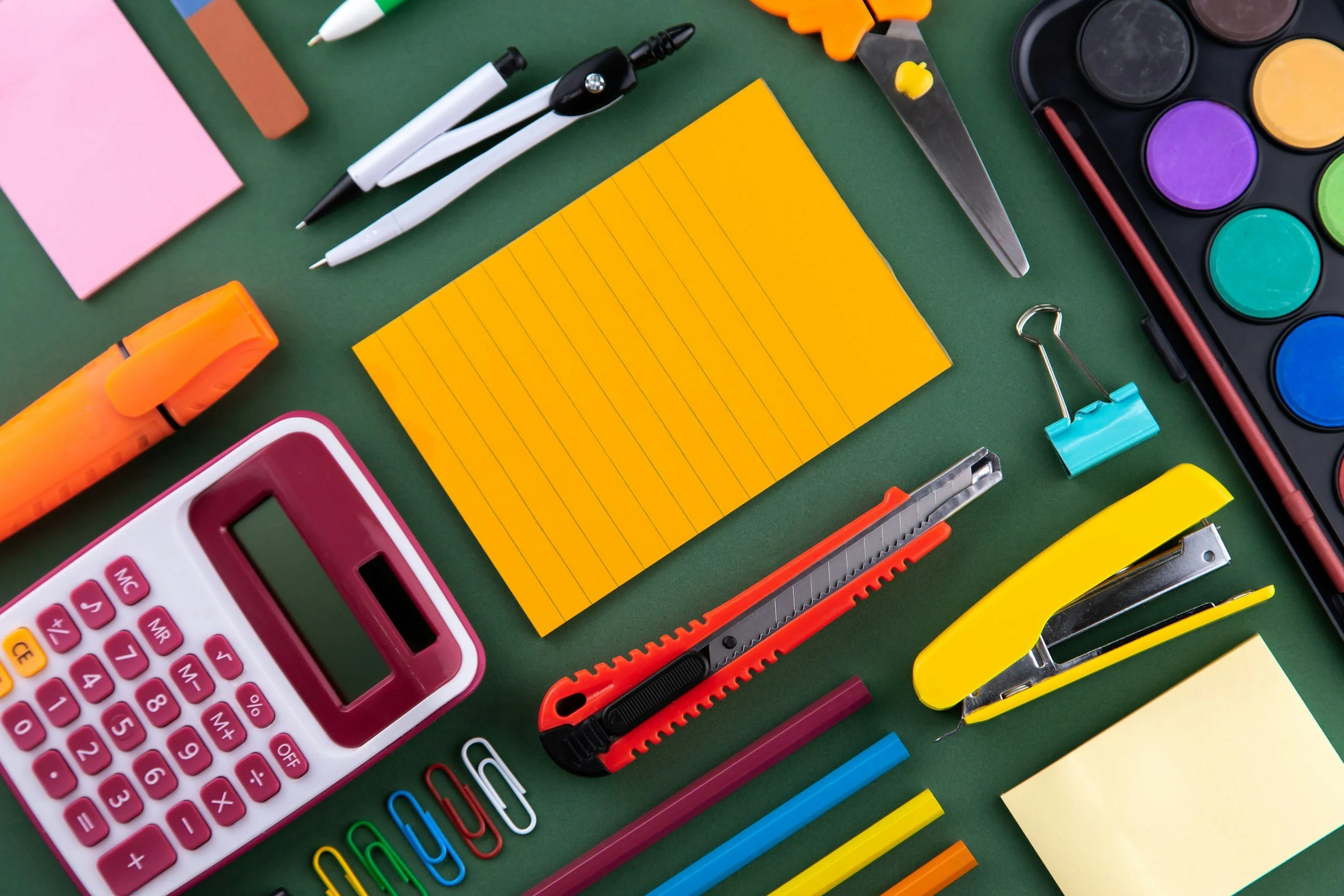
“When the right resources meet steady effort, achievement follows.”
Learning Resources for Families
Explore helpful tools, websites, and practical tips for parents supporting students in Kindergarten through 6th grade. Whether your child needs extra support in math, reading, or writing, these resources are designed to strengthen skills, build confidence, and make learning at home more effective and engaging.
Math
ELA
Study Tips and Strategies
1. Set Specific Goals
Define clear and achievable goals for each study session. This helps maintain focus and measures progress.
2. Create a Consistent Schedule
Designate regular study times to build a routine. Consistency improves retention and reduces procrastination.
3. Break Study Sessions into Chunks
Use focused intervals (e.g., 25–30 minutes) followed by short breaks. This technique, known as the Pomodoro Method, enhances concentration.
4. Prioritize Difficult Topics
Tackle challenging subjects first when your mind is freshest, then review easier material afterward.
5. Use Active Learning Techniques
Engage with the material through summarizing, teaching, practice problems, or creating flashcards rather than passive reading.
6. Minimize Distractions
Choose a quiet, organized space and turn off notifications to maintain focus during study time.
7. Review Regularly
Periodic review of material helps transfer knowledge from short-term to long-term memory.
8. Practice Self-Assessment
Test yourself with quizzes or past exams to identify areas needing improvement.
9. Stay Organized
Keep notes, assignments, and resources neatly arranged to save time and reduce stress.
10. Seek Help When Needed
Don’t hesitate to ask questions or reach out for support to clarify difficult concepts.
Writing Tips and Strategies
1. Plan Your Ideas
Before you start writing, think about what you want to say. You can make a simple list or draw pictures to organize your thoughts.
2. Begin with a Clear Main Idea
Start your writing by telling your reader the main topic or story.
3. Use Clear and Simple Words
Choose words that make your meaning easy to understand.
4. Support Your Ideas
Give examples or reasons to help explain what you mean.
5. Vary Your Sentences
Use a mix of short and longer sentences to make your writing interesting.
6. Use Connecting Words
Words like and, but, because, and then help your sentences flow smoothly.
7. Review Your Work
Read your writing aloud to check if it makes sense and sounds good.
8. Edit for Spelling and Punctuation
Look carefully for mistakes and correct them to make your writing neat and clear.
9. Practice Writing Regularly
Writing often helps you improve your skills.
10. Read Often
Reading different kinds of books and stories helps you learn new words and ideas to use in your writing.

